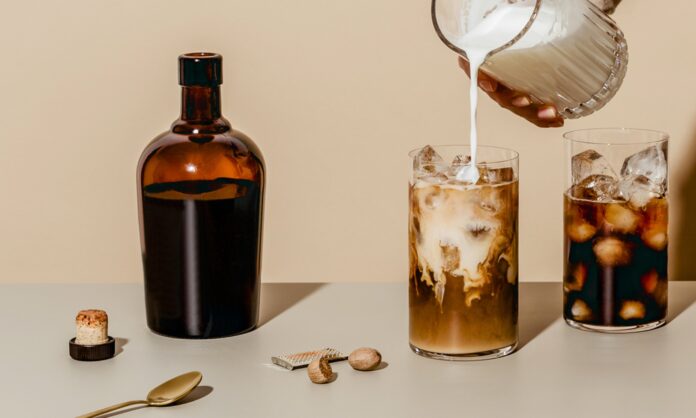The shift from hot coffee to cold brew is a common seasonal preference, particularly as warmer weather arrives. But beyond taste, how do these brewing methods compare in terms of health benefits? The answer is nuanced, influenced by brewing time, caffeine content, and even your individual genetics.
The Brewing Process: Time, Temperature, and Flavor
Cold brew coffee is made by steeping coffee grounds in cold water for extended periods—ranging from 12 to 24 hours for immersion methods, or at least five hours for slow-drip techniques. This contrasts sharply with hot brewing, which extracts flavors much faster. The longer brew time in cold brew results in a smoother, less acidic, and naturally sweeter beverage. This is because sugars and oils in coffee break down at different rates, with sugars taking longer to degrade than acids.
Caffeine Content: A Variable Factor
While often perceived as milder, cold brew can contain equal or higher levels of caffeine compared to hot coffee. This is because the concentration of grounds to water can vary significantly, and prolonged steeping extracts more caffeine over time. The actual caffeine content depends heavily on the brewing method and the ratio of coffee to water used.
Genetic Predisposition: How Your Body Handles Caffeine
Your genetic makeup plays a critical role in how you metabolize caffeine. The CYP1A2 gene is responsible for 95% of caffeine metabolism. Individuals with certain variants of this gene consume more coffee without experiencing the same side effects as others. Interestingly, those who metabolize caffeine quickly often have lower levels in their bloodstream despite consuming more. If you’re sensitive to caffeine or experience jitters, reducing brew time or diluting your cold brew may help.
Health Benefits: Consistent Across Methods
Despite the differences in brewing, both hot and cold coffee offer similar health benefits. A cohort study involving nearly 500,000 adults found that drinking coffee—including decaf—was inversely associated with mortality. Participants who consumed up to eight cups daily still reaped longevity perks. However, the FDA recommends limiting caffeine intake to 400 milligrams per day—roughly four to five cups.
The Role of Compounds: What Makes Coffee Healthy?
Researchers are still exploring the specific compounds responsible for coffee’s health benefits. Caffeine, antioxidants, and polyphenols are all potential contributors. While more research is needed to pinpoint the exact mechanisms, evidence suggests that moderate coffee consumption is beneficial.
Whether you prefer hot or cold brew, the key is moderation. The health benefits remain consistent, though caffeine content can vary. If you’re unsure how your body handles caffeine, listen to your genes and adjust accordingly. Adding sweeteners or flavorings can negate some of the health benefits, so drinking black is preferable




















